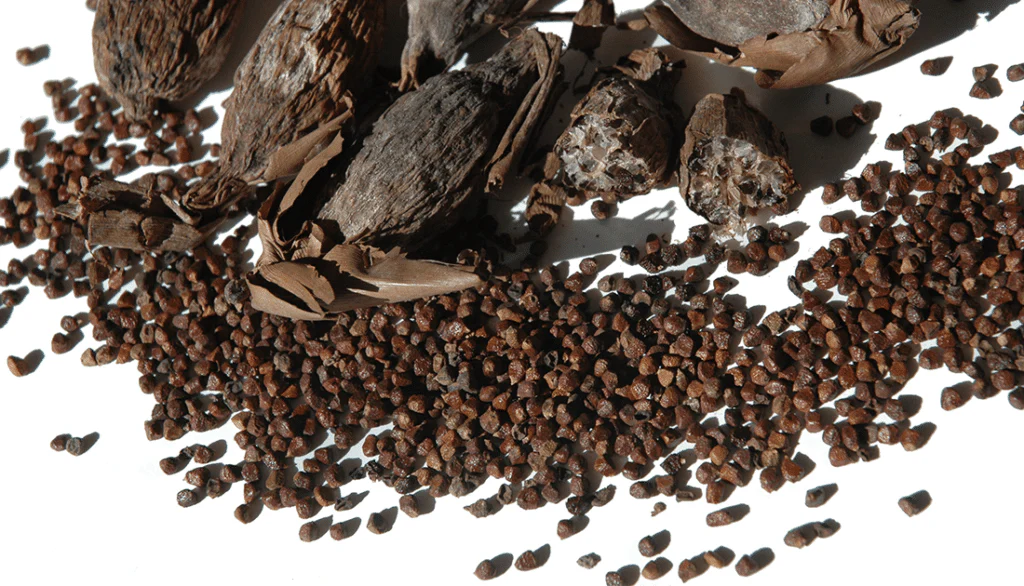8 Ways to Boost Your Metabolism
Crafted by: Jonathan Chew
Metabolism, the process through which your body converts food into energy, is influenced by a variety of factors. While genetics plays a role in determining your metabolic rate, there are several lifestyle habits you can adopt to enhance your metabolism and support overall metabolic health. Here’s a guide to eight effective strategies for revving up your metabolism:
1. Stay Hydrated

Proper hydration is fundamental for a healthy metabolism. Water is essential for metabolic reactions within your cells, which are crucial for regulating hormones and other bodily functions. Drinking water, especially cold water, can slightly boost your metabolic rate through a process known as water-induced thermogenesis, where your body expends energy to warm up the water. Aim to drink enough water throughout the day to support your metabolic processes.
2. Establish a Healthy Sleep Routine
Quality sleep is vital for maintaining a healthy metabolism. Poor sleep can lead to hormonal imbalances and increased oxidative stress, both of which negatively impact metabolic function. By improving your sleep routine, you can help regulate hormones like leptin and ghrelin, which control appetite and energy expenditure. Prioritizing adequate, restorative sleep can therefore help maintain a balanced metabolism and prevent weight gain.
3. Eat a Nutrient-Dense and Filling Diet
Adopting a diet rich in nutrients and balanced in macronutrients can significantly boost your metabolism. Consider following a Mediterranean-style diet, which emphasizes:
- Complex Carbohydrates: Foods like whole grains, potatoes, and fibrous vegetables help stabilize blood sugar levels and support fat metabolism.
- Lean Proteins: Sources such as fish, poultry, beans, and nuts increase satiety and provide essential nutrients.
- Healthy Fats: Incorporate monounsaturated fats (e.g., olive oil) and polyunsaturated fats (e.g., omega-3s) found in nuts, seeds, and fatty fish to promote healthy lipid levels.
- Fruits and Vegetables: These provide fiber and phytonutrients that support metabolic health and help control appetite.
4. Consider Your Hormones
Hormones play a critical role in regulating metabolism. Thyroid hormones, cortisol (the stress hormone), and insulin are all involved in energy expenditure and metabolism. An imbalance in these hormones can affect your metabolic rate and overall health. It’s beneficial to work with a healthcare professional to address any hormonal issues and to practice mindful eating to align with your body’s natural hunger and satiety signals, regulated by hormones like ghrelin and leptin.
5. Take Metabolism-Supporting Nutrients
Certain nutrients can provide additional support for your metabolism. Some noteworthy options include:
Veld Grape: This herb supports healthy weight, energy balance, and appetite regulation.

Grains of Paradise:
An ancient spice that promotes energy expenditure and combats fat accumulation.

Capsaicin: Found in chili peppers, it increases thermogenesis and improves satiety.

Caffeine and EGCG: Both found in green tea, these compounds boost metabolism and fat burning through their thermogenic effects.

6. Manage Stress Levels
Chronic stress can slow down your metabolism by causing the adrenal glands to release cortisol. Elevated cortisol levels not only increase appetite but can also lead to fat accumulation, particularly around the abdomen. Effective stress management strategies, such as relaxation techniques and lifestyle adjustments, can help prevent stress-related metabolic slowdowns and support overall health.
7. Prioritize Regular Physical Activity
Regular exercise is crucial for maintaining a healthy metabolism. Both aerobic activities (like walking, running, and swimming) and anaerobic exercises (such as weightlifting and HIIT) enhance metabolic rate by increasing heart rate and muscle mass. Building and preserving muscle is especially important, as muscle tissue burns more calories at rest compared to fat. Incorporating consistent, moderate exercise into your routine will support long-term metabolic health.
8. Consume Green Tea
Green tea is renowned for its metabolism-boosting properties. Its key component, epigallocatechin gallate (EGCG), is a powerful antioxidant that promotes thermogenesis. EGCG works synergistically with caffeine to enhance fat burning and metabolic rate. Drinking green tea regularly can be an effective and natural way to support your metabolism.
Conclusion
By integrating these eight strategies into your lifestyle, you can effectively boost your metabolism and enhance overall metabolic health. From staying hydrated and improving your sleep to adopting a nutrient-dense diet and managing stress, each of these habits plays a vital role in optimizing your body’s energy expenditure. Additionally, incorporating physical activity and considering metabolism-supporting supplements can further accelerate your metabolic rate. Embracing these practices can lead to a healthier metabolism and better overall well-being.

